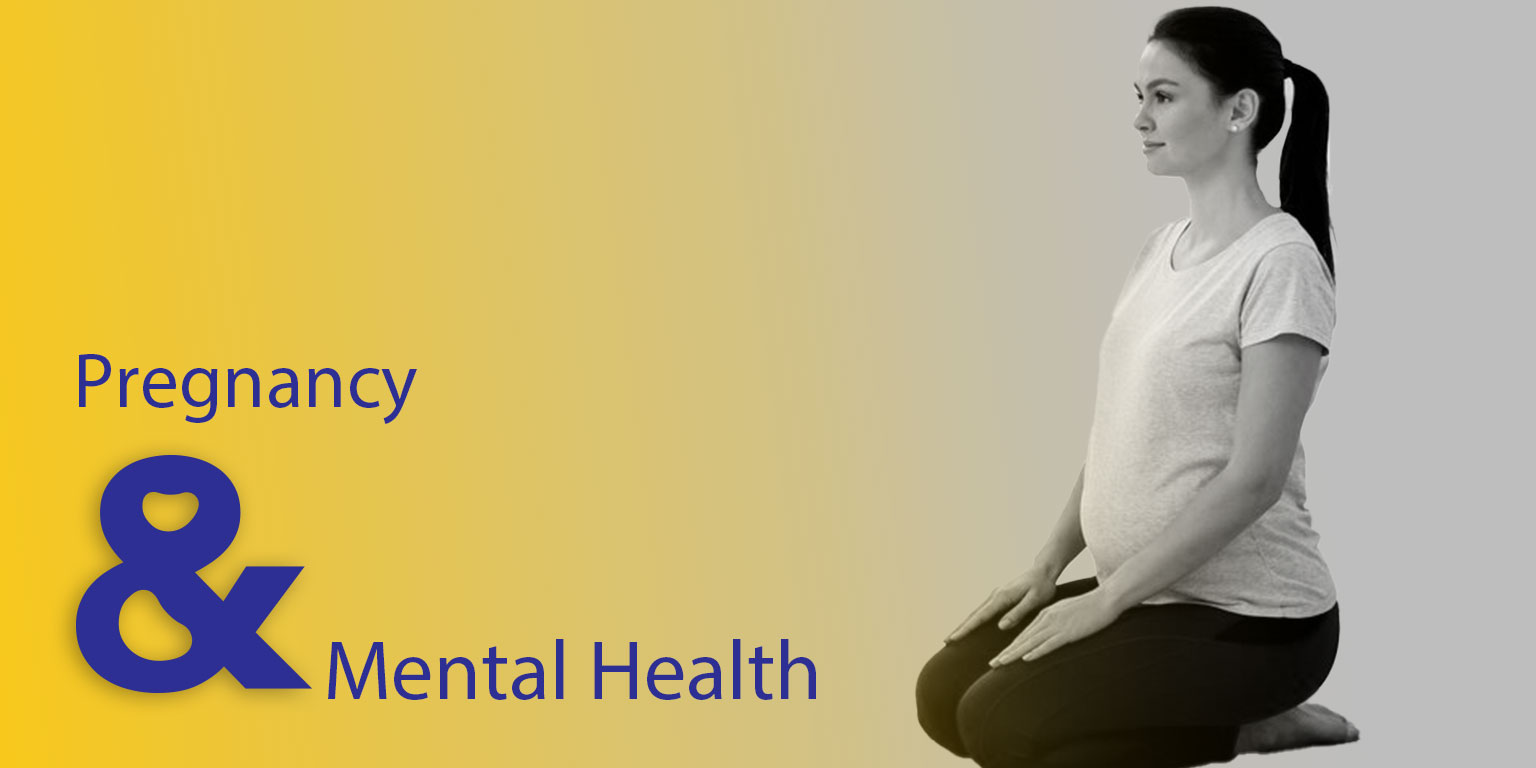Pregnancy is a time of great physical and emotional change. While the birth of a child is often joyous, it also brings significant mental health challenges, including postpartum depression (PPD). At Little Stars & She, we believe in educating and preparing expectant mothers to manage their mental health effectively. This guide will help you understand postpartum depression and provide strategies to prepare for and possibly prevent it.
Understanding Postpartum Depression (PPD)
Postpartum depression is a complex mix of physical, emotional, and behavioural changes that happen in some women after giving birth. Here’s what you need to know:
- Symptoms: PPD can include feelings of sadness, anxiety, exhaustion, and a sense of being overwhelmed. Unlike the “baby blues,” which resolve within two weeks, PPD symptoms are more intense and last longer.
- Causes: Changes in hormone levels, personal history of depression, stressful life events, and lack of support can all contribute to the onset of PPD.
Strategies to Prepare for Postpartum Depression
Being prepared can help mitigate the severity of postpartum depression. Here are some proactive steps you can take:
Before Birth
- Educate Yourself: Understanding the signs and symptoms of PPD can help you recognize them early.
- Plan for Help: Organize a support system that includes family, friends, and health professionals who can assist during the postpartum period.
After Birth
- Monitor Your Mental Health: Be vigilant about your mental health and acknowledge your feelings without judgment.
- Seek Professional Help: Engaging with a mental health professional early, even before birth, can provide strategies to manage stress and reduce the risk of PPD.
Creating a Supportive Environment
- Open Communication: Communicate openly with your partner, family, and friends about your feelings and the support you need.
- Rest and Nutrition: Prioritize rest and maintain a nutritious diet to help manage physical and emotional stress.
Embracing Community and Professional Resources
At Little Stars & She, we emphasize the importance of community and professional support:
- Support Groups: Joining postpartum support groups can connect you with others experiencing similar challenges.
- Healthcare Providers: Regular check-ups with healthcare providers can help monitor your physical and mental health.
Conclusion
Postpartum depression is a serious condition that affects many women. However, with the right preparation and support, it can be managed effectively. At Little Stars & She, we are committed to supporting you through your journey into motherhood with comprehensive care and empathy.
If you are expecting or have recently given birth and are concerned about postpartum depression, please reach out to our team for support and guidance. Remember, you are not alone, and we are here to help you through this challenging yet beautiful phase of life.
For more details, visit us at Little Stars & She or contact our specialists who are ready to assist you with personalized care and expert advice.


